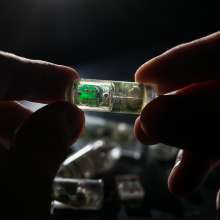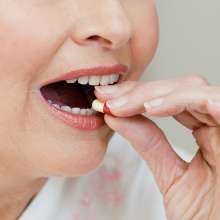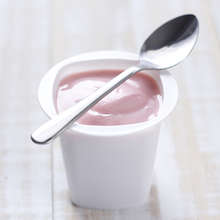A concentrated extract of maple syrup makes disease-causing bacteria more susceptible to antibiotics, according to recent laboratory experiments reported in the Journal of Applied and Environmental Microbiology.
Researchers at McGill University in Montreal, Canada made maple syrup extract, mainly consists of phenolic compounds, by concentrating the sap from North American maple tree.
They tested the effects of the extract on infection-causing strains of bacteria including E. coli, Proteus mirabilis (a common cause of urinary tract infection), and Pseudomonas aeruginosa (a common cause of cross-infections in hospitals and clinics such as catheter-associated urinary tract infection, and implicated in hot-tub rash).
Results show that by itself, the extract was mildly effective in combating bacteria. But in combination with antibiotic, the extract was particularly effective and generated strong synergy against bacterial growth and bacteria community (biofilm) formation.
The researchers indicated that phenolic-rich maple syrup extract made the bacteria more susceptible to antibiotic because it increased bacteria membrane permeability, inhibited multidrug resistance efflux pumps, and repressed genes of the bacteria associated with antibiotic resistance and virulence. Amongst the phenolic constitutes of the extract tested, the compound catechol seems to be a key player.
They suggest that more vivo tests and eventually clinical trials may lead to future use of antibiotic in combination with maple syrup extract, hopefully reducing the amount of antibiotic needed and used.





